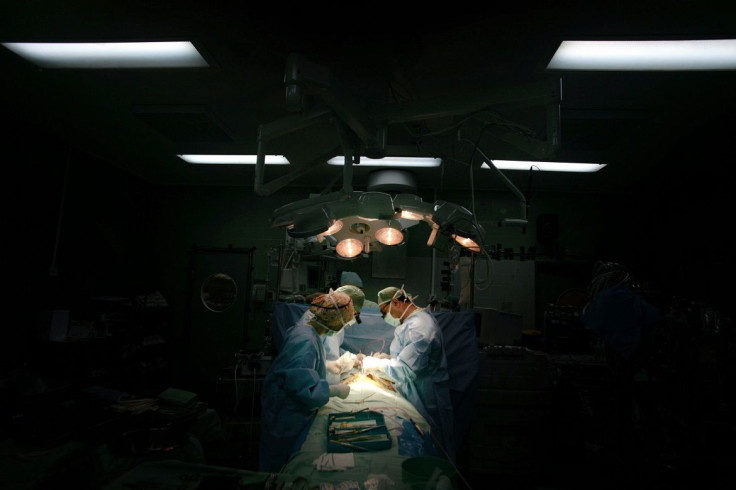Immediate nano-treatment for strokes and heart attacks

Melbourne scientists have developed a nano-capsule to treat heart attack and strokes. The research conducted by Baker IDI Heart and Diabetes Institute and Melbourne University has been published in the journal Advanced Material.
The scientists have been working for five years to find out whether nanotechnology can effectively treat heart attacks and strokes. The effort resulted in the development of a nano-capsule that targets blood clot and breaks it down.
Christopher Hagemeyer of Baker IDI explained that the medical practitioners could administer the nano-capsule intravenously during emergencies. Explaining the procedure, he said, “This can be given in the ambulance straight away so you really save a lot of time and restore the blood flow to the critical organs much faster than currently possible.”
Around 55,000 Australians experience an attack or stroke every year. Out of those number, only half get successfully treated with the available treatments. Hagemeyer said that nano-capsule is critical for strokes as the drugs available today have several side-effects.
“The antibody is targeted against platelets, which are highly abundant cells in the blood and they form thrombosis [a clot] and for that, [the] antibody we’re using is specially designed to fly to these blood platelets so it really seeks out the clot,” he said.
Hagemeyer also ensured the safety of the capsule and said, “The drug is an approved drug which we encapsulate in the nano-capsule and the nano-capsule, you have to imagine, is like an onion with different layers.”
Although the nano-capsules are tested, there are still side-effects of using the capsule as when it is released, it affects the clots of other areas as well because it freely flows in the blood stream.
He had been working on the nano-capsule’s development for five years. It would probably take another five to make the technology available to patients, though.
Contact the writer at feedback@ibtimes.com.au, or let us know what you think below.






